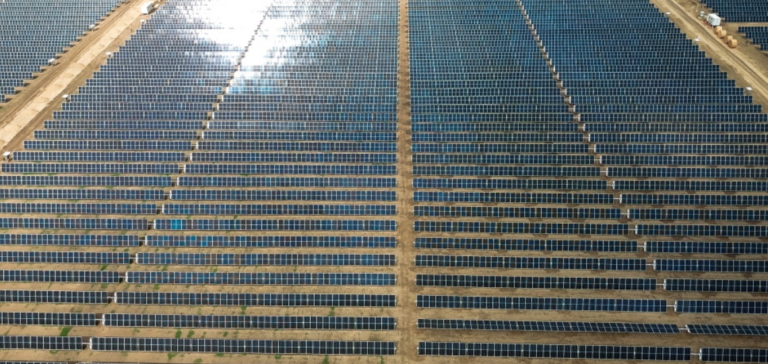In a tense energy context marked by recurring electricity shortages, Nigelec, Niger’s main electricity supplier, has taken a significant step forward with the commissioning of a new power plant. photovoltaic plant The 30-megawatt project is part of a resilience initiative to meet the challenges posed by the interruption of Nigeria’s electricity supply, a direct consequence of Ecowas sanctions following last July’s military coup.
Implications of the Coup on the Energy Sector
Equipped with over 55,000 solar panels, the plant is the largest solar energy infrastructure in Niger. Its commissioning has coincided with a significant improvement in the quality of energy supply, particularly in key regions such as the capital Niamey, as well as Dosso and Tillabéri. Mahaman Moustapha Barké, Niger’s Minister of Energy, underlined these advances during his televised appearances.
Financing and International Cooperation
Initially scheduled for August 25, commissioning of the plant was delayed due to the mass departure of expatriate technical staff following the political upheaval. However, thanks to the determination and expertise of some of the technicians who remained on site, the project was finally able to see the light of day, despite the operational challenges inherent in such an undertaking in such an unstable context.
Consequences and challenges for Nigelec
Former president Mohamed Bazoum inaugurated the project on July 5, shortly before the coup, in the presence of Josep Borrell, head of European Union diplomacy, symbolizing its importance. The Agence Française de Développement (AFD) financed the plant with a loan of 15.5 billion CFA francs, and the European Union contributed with a grant of 3.5 billion CFA francs, bringing the total cost to around 20 billion CFA francs (30.4 million euros).
Prior to these recent events, Nigeria supplied around 70% of the electricity imported by Nigelec, according to a 2022 Nigelec report. The impact of load shedding on Niamey’s neighborhoods was profound, highlighting the nation’s vulnerability to external disruptions and underscoring the crucial importance of developing sustainable energy autonomy.
The inauguration of this solar power plant marks a decisive turning point for Niger, illustrating the country’s quest for energy autonomy and resilience in the face of geopolitical and economic challenges. This initiative paves the way for other similar projects, essential for the country’s stability and development.






















